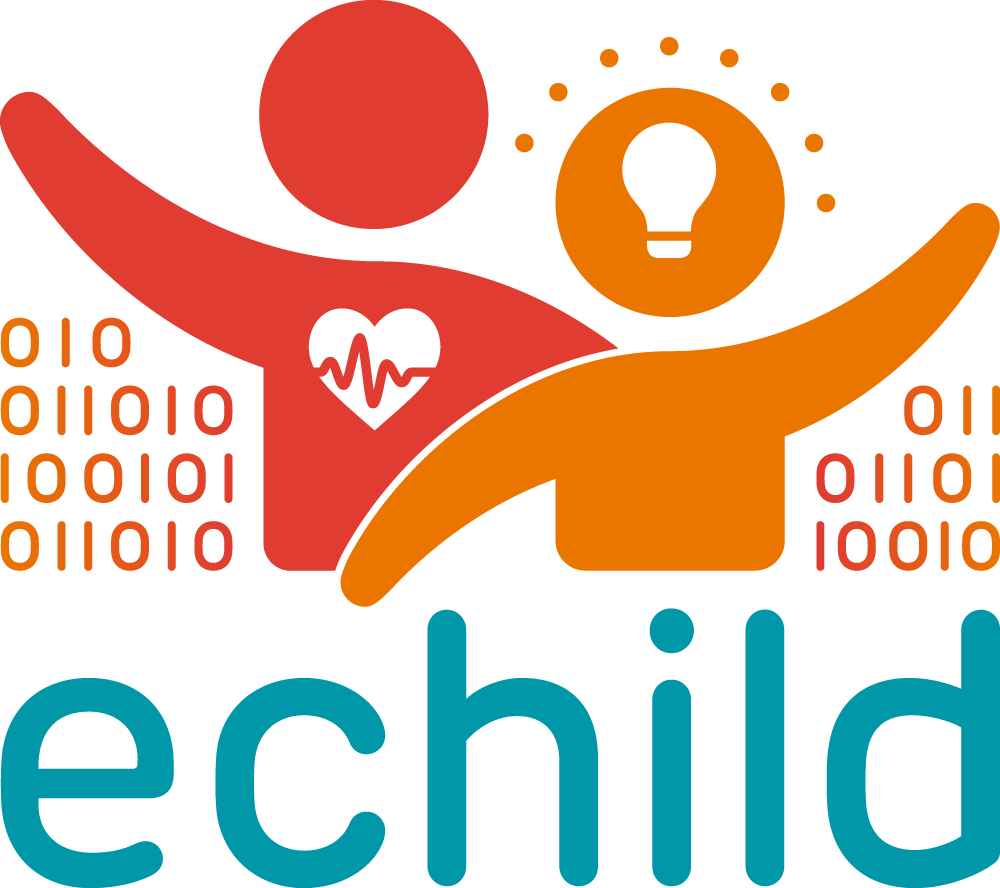Variation in special educational needs provision for children with Down Syndrome and associations with emergency use of hospital care
Access to health, education, and social care services is known to be important for a child's well-being, yet disparities in their availability and accessibility persist across England. These services have a responsibility to support children with Down’s syndrome and their families, so that they can thrive. However, there is insufficient evidence on how the provision of health, education, and social care impacts the long-term health and educational outcomes for children with Down’s syndrome.
This study uses de-identified linked health and education data, from the ECHILD database, to follow a group of people with Down’s syndrome who were born between 1 April 1997 and 31 March 2020. It aims to identify inequalities in the provision of health, education, and social care services for children with Down’s syndrome, and examine how those inequalities affect their long-term health and education outcomes.
This study is led by Prof Ruth Gilbert and is funded by the NIHR Great Ormond Street Hospital Biomedical Research Centre.

